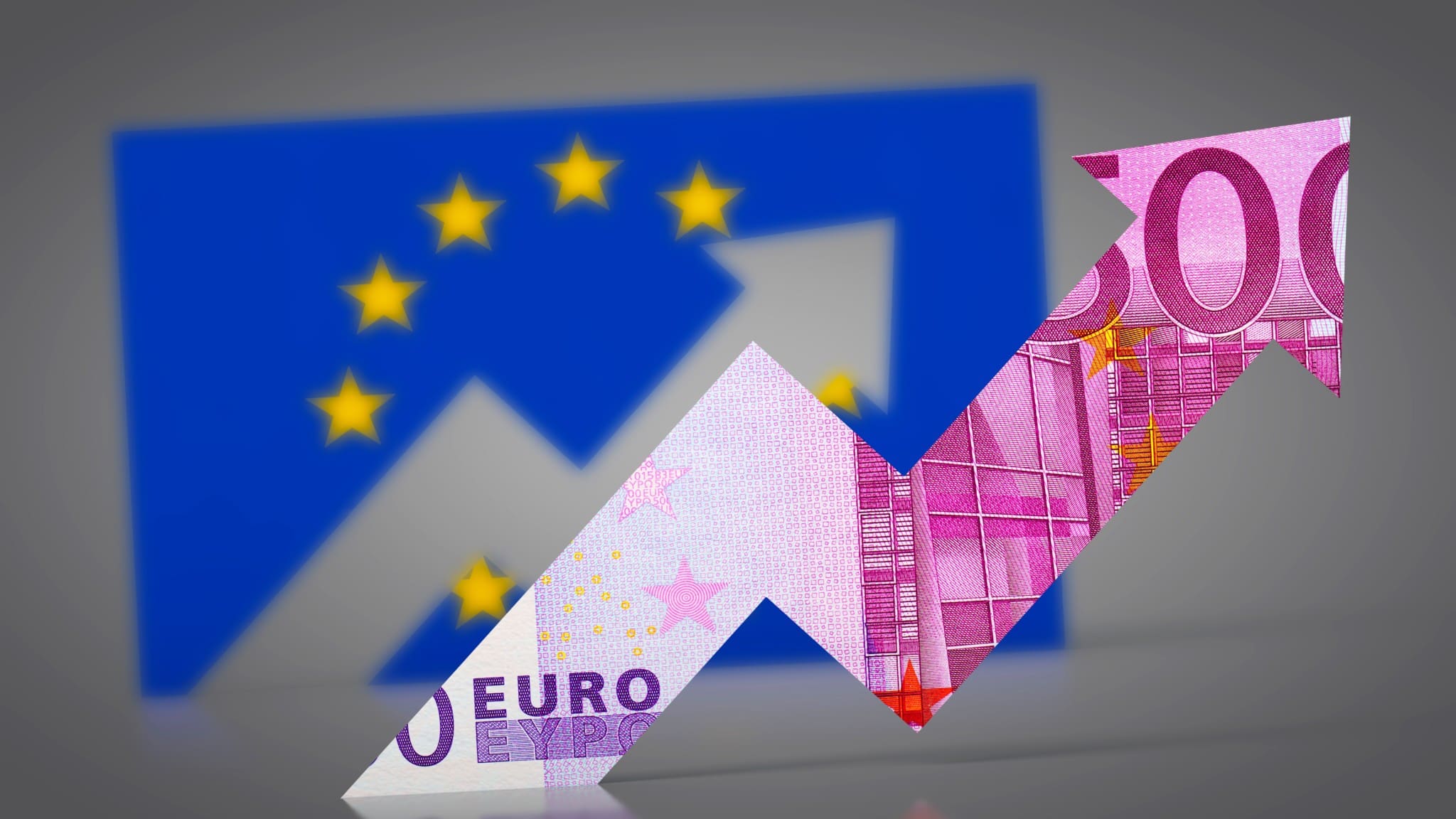The European Union’s pension commitment for former European Commission officials has climbed by more than €6 billion since 2020 to €122.5 billion due to indexing salary payments in line with inflation in some EU countries, it has emerged.
This figure includes the pension entitlements and healthcare costs for 36,000 EU employees, both active and retired, along with their surviving dependents.
As reported by Germany’s Bild newspaper, calculations by the European Commission saw the salaries of EU officials rise by around 7 percent, an increase that will be enforced retroactively as of July 1 — the rise sees Commission President Ursula von der Leyen taking home approximately an extra €2,000 per month, while MEPs and EU commissioners will receive an extra €623 and €1,460, respectively.
This salary bump comes despite the majority of salaries across the bloc not being linked to inflation and many millions struggling due to the ongoing cost-of-living crisis.
The many reasons for the salary hike and, consequently, the increase in pensions for EU officials is due to domestic rules in Belgium and Luxembourg, which both automatically index employee salaries to inflation, albeit against the European Commission’s own advice to governments and that of labor group representatives.
[pp id=51584]
EU staff salaries can be adjusted twice a year to reflect changes in living costs and can be applied retroactively in circumstances where inflation has risen above 3 percent in the corresponding period.
With inflation spiraling in the eurozone, increasing by 12 percent and 6.9 percent in Belgium and Luxembourg, respectively, some EU officials could see yet another rise in wages next year, which would also see a further increase in pension fund commitments.
In addition to wages index-linked to inflation, EU officials have numerous other privileges. “They receive expatriation allowances, child allowances, a high child benefit, set-up assistance, and a household allowance,” German publication Junge Freiheit reported.






